“Stories We Tell” isn’t new, but it’s worth a watch
Stories We Tell is a 2012 genre-bending documentary from director Sarah Polley. I recall being intrigued by the film trailers, but never made my way to the theaters to see it at the time of its release. A fortuitous sighting of the DVD in my local library led me to check it out this week, and I am so glad that I did.
In the film Polley brings together her siblings, father, and friends of her family, to explore the past in ways that are both seamless and contradictory, each individual weaving their own narrative threads to form a story much more complex than perhaps even Polley envisioned at the outset.
The subject? Well, one the one hand it is Polley’s deceased mother, Diane, whom the director lovingly brings to life through family stories and lots of colorful family video footage (and how glorious much of that is!). On the other hand, however, the subject is truth itself, and how elusive and malleable it inevitably is.
A Search for the Vagaries of Truth
Ultimately, Polley seeks to explore the past primarily through personal history interviews of those involved in her mother’s life, and to come as close as she can to some kind of truth.
“Can you tell the whole story from beginning to end, in your own words?” Sarah asks each of her subjects as prelude to her interviews.
Those interviews begin almost innocuously, with some discomfort at the prospect of delving into family secrets amidst bits of embarrassed laughter. But Polley deftly draws out the stories in a most compelling way, and we are privileged to be witnesses to a gradual unfolding of truths that feels especially intimate.
We are drawn into her mother’s story—into the dramas of infidelity and the banality of everyday life. And while that drama is captivating, it is the rather meta exploration of getting to the story—of watching it reveal and fold back in on itself—that makes this film a true gem, in my opinion.
“I am interested in the way we tell stories about our lives,” Polley says in one scene. “About the fact that the truth about our past is often ephemeral and difficult to pin down. And many of our stories, when we don’t take proper time to do research about our pasts, which is almost always the case, end up with shifts and fictions in them, mostly unintended.”

Watch the trailer for Stories We Tell.
Concentric Circles of Experience
Polley began conducting interviews and filming of her family members before she had a clear sense of what the project might become. Would it even be released, or remain a private undertaking? Through five years of production she let the stories speak for themselves.
In a letter to one of the players, Harry, she wrote: “I wouldn’t even pretend at this point to know how to tell [this story] beyond beginning to explore it through interviews with everyone involved, so that everyone’s point of view, no matter how contradictory, is included.”

“Why is that we talk and talk, or at least I certainly do, without somehow conveying what we’re really like?”
—Michael Polley
But is giving everyone’s perspective equal weight truly the best way to get to the truth, Harry wonders? Those who were “direct witnesses to the events” are more reliable narrators, after all, are they not? Or are the peripheral reactions and relationships that contribute to a family’s entire narrative all worthy?
These questions are explored and alluded to throughout, giving weight to the film and making Sarah Polley’s late appearance in the film all the more powerful. Particularly near the end, when Sarah herself begins to ruminate on why she feels compelled to tell this story and expose it to the world, the telling is eloquent and moving and raw in a most beautiful—and recognizable—sense.
Who owns these stories? Is there one version of personal history?
Polley’s brother Michael wonders aloud that while doing an interview might bring you as close to truth as you can get, does Sarah’s editing of it turn it into something different?
The questions amidst the stories are at the heart of Stories We Tell. What questions will they raise for you?
Related Reading
View a discussion guide from Influence Film Forum with thought-provoking questions and a few suggestions for exploring your own family stories.
Discover another documentary, Nobody’s Business, that explores the nature of memory through the lens of family history.
See where to stream or rent Stories We Tell, or buy the DVD.
“The truth was becoming more and more ephemeral as opposed to closer,” said Sarah Polley in a brief interview about her film.
Affiliate disclosure: As an Amazon Associate, we may earn commissions from qualifying purchases from Amazon.com.
What better way to scope out if a personal historian is a good fit for you than to hear about others’ experiences, in their own words? I am humbled and proud.
Shana Novak photographed 100 personal keepsakes and shares the heartfelt stories behind each in her beautiful new coffee table book, “The Heirloomist.”
While all five of these books add value to any memoirist or life writer’s library, I’ve identified which is best for you based on your goals and experience.
These three titles—two hybrid cookbooks and one genealogical look at preserving food memories—dish up lots of inspiration for making your own family cookbook.
This new book by Ruta Sepetys, You: The Story, is a great tool for those who want to use their own life experiences to inform their fiction writing.
Ethical wills—also called legacy letters—are great ways to pass on values and life lessons to your descendants. These two books will help you create your own.
“Survivors: Faces of the Holocaust” will be on display in New York City until the summer of 2023—here’s why you should see the exhibit's powerful photographs.
This small yet dense self-published book comprises nine essays in which writer Sara Mansfield Taber aims to answer “the questions that plague the memoirist.”
Favorite food memoirs that deliciously incorporate recipes and sense memories—fine examples of how you, too, can weave a personal narrative inspired by food.
Here are my top picks for RootsTech 2022 sessions teaching about family storytelling and photo legacy. They’re all free, and you've got a year to watch!
Personal historian Dawn Roode of Modern Heirloom Books lists her most anticipated books of 2022 for fans of memoir and the craft of writing. Mark your faves!
Memoirs by Sarah Manguso, Beth Ann Fennelly, and Beth Kephart each weave together short narratives to create evocative, textured self-portraits of the writers.
Ever wonder what it might be like to work together on your OWN heirloom book project? Listen to past clients' feedback—and words of thanks!—to get inspired.
If writing about your life isn't for you, how about drawing it? Ideas for using a sketch journal to capture your memories, plus the book that will inspire you.
Introducing the two-word writing prompt guaranteed to keep your memories and your pen flowing, plus the book by Joe Brainard that inspired it: “I remember...”.
Meet the story- and food-loving host behind the inspiring podcast The Storied Recipe, then click on a few of my favorite episodes for a taste of her interviews.
Bruce Feiler's latest book, Life Is in the Transitions, offers up a helpful toolkit for dealing with life's curveballs through a lens of storytelling.
Memoir reading suggestions to inspire your own vignette-style life story writing, from Annie Dillard and Kelly Corrigan to Robert Fulghum and Sandra Cisneros.
Each of these powerful podcasts comes in at under an hour: Listening recommendations on memoir, narrative structure, family secrets, writing prompts, and more.
RootsTech 2019 offers opportunities for accessing the family history conference from home. Highlights, and how to get the most from your virtual experience.
Watch the 2012 film Stories We Tell as much for the dramatic exploration of one family's narrative as for the questions it raises about the malleability of truth.
In his 1996 documentary Nobody’s Business, Alan Berliner interviews his father about family history. The result is a poignant study of the nature of memory.
Podcast recommendations for life storytellers, creative entrepreneurs, oral historians, and anyone who loves a captivating first person story.
Humans of New York creator reveals his insights on why people open up—and it’s not the questions. How being 100 percent present invites honest storytelling.
Under One Roof at NYC’s Tenement Museum is a must-see exhibit: First person testimony (and authentic furnishings) bring 3 families’ immigrant experiences to life.
In Tell the Truth, Beth Kephart offers up a wonderfully original series of memoir-writing prompts that encourage self-reflection & striving toward the universal.
While there are lots of lists of family history questions on the web, here are 3 places to find unexpected questions that lead to meaningful life story writing.
The new Google PhotoScan app allows users to digitally capture their old family photos with ease—and without glare. While the app isn't ideal for scanning high-resolution images for use in print, it has enormous value in quickly and effectively scanning those precious boxes of old family photos you—and your extended family members—have lying around your homes. See why it's a recommended download.
You might be surprised to learn what Anderson Cooper calls “the most valuable year of my life.” It's the period when he and his mother Gloria Vanderbilt maintained an email correspondence that delved deep—into the feelings they had previously not spoken about, and into their experiences both shared and wholly individual. The back-and-forth format of questions and stories is engaging, and most meaningful in its sense of discovery, of a grown man coming to know his mother in wonderful new ways. Why not be inspired to follow in their conversational footsteps?




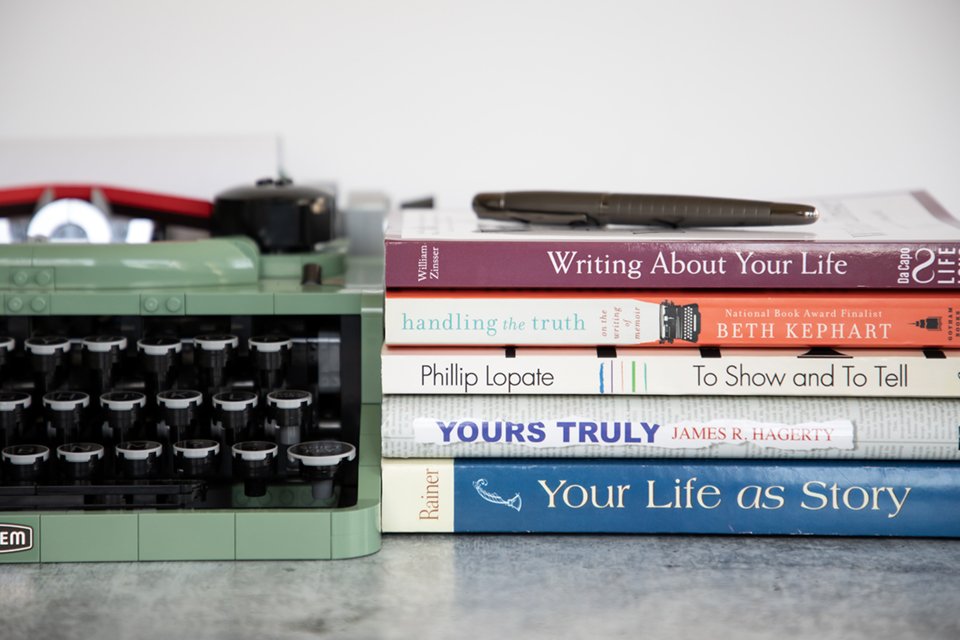





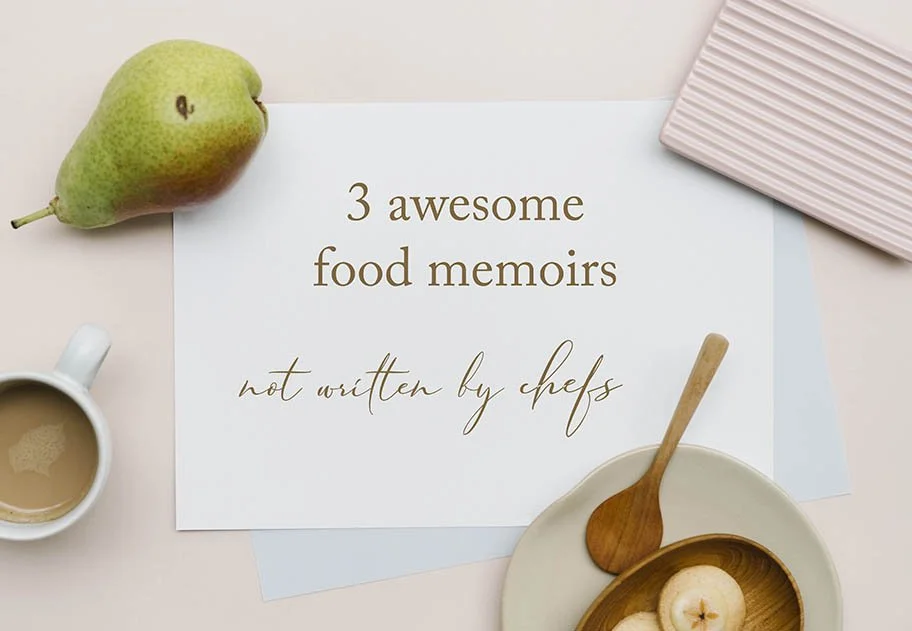

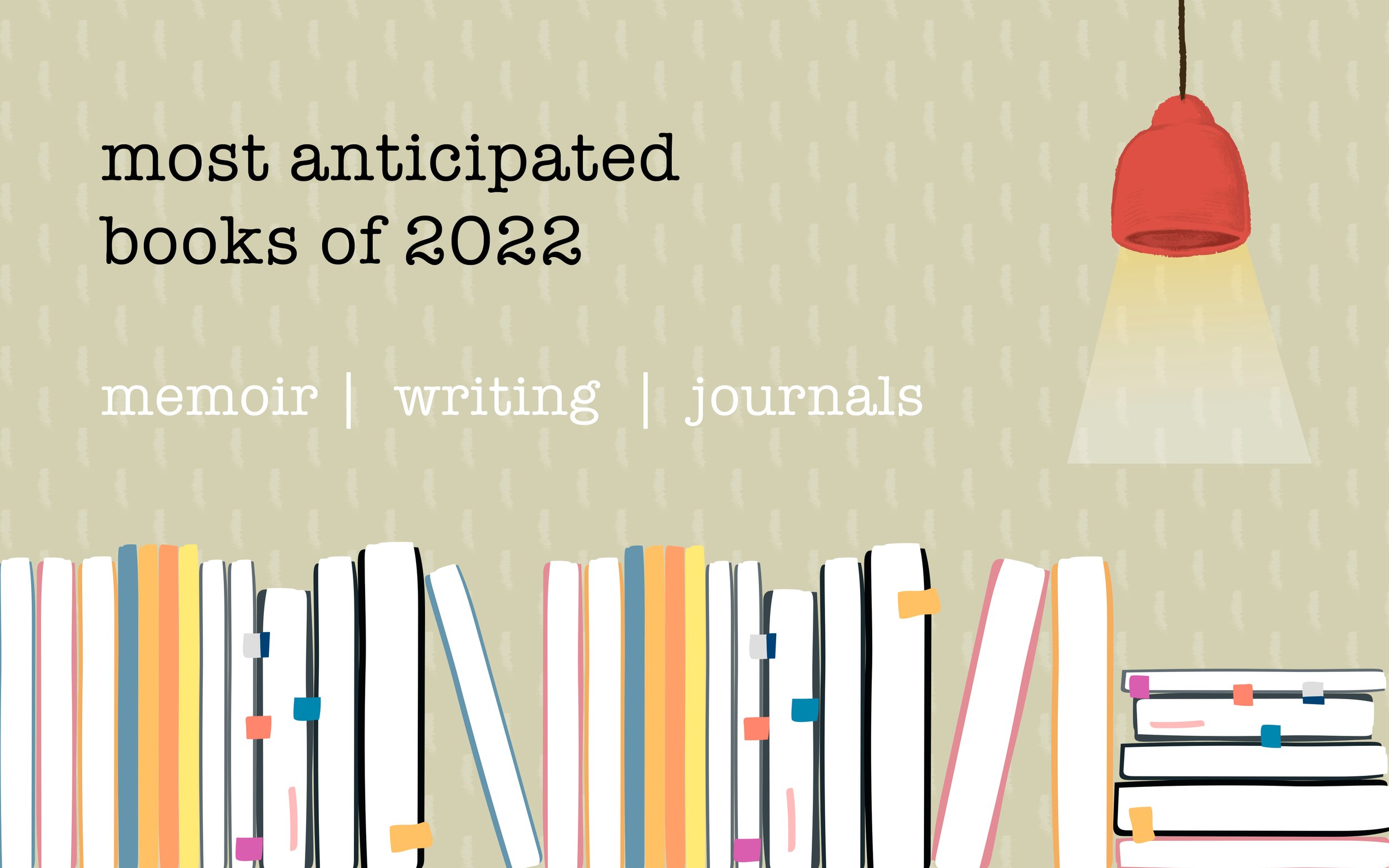
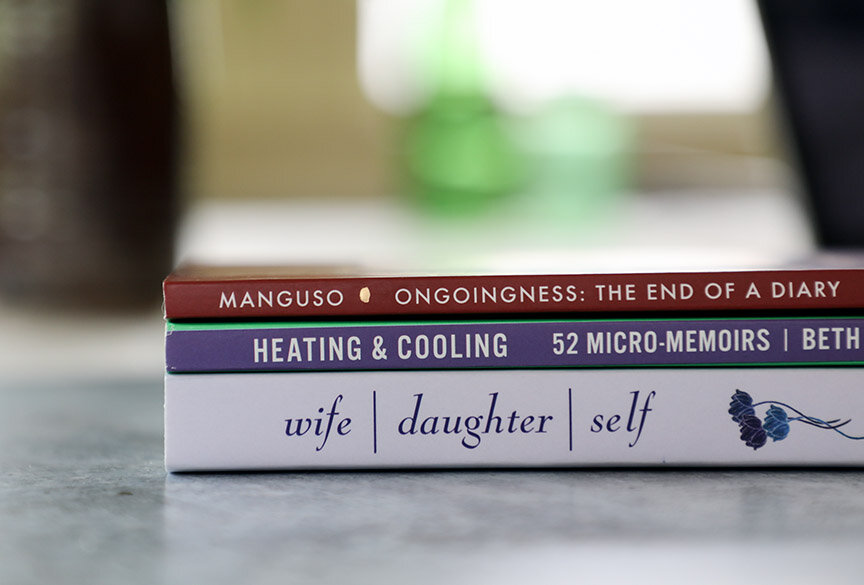

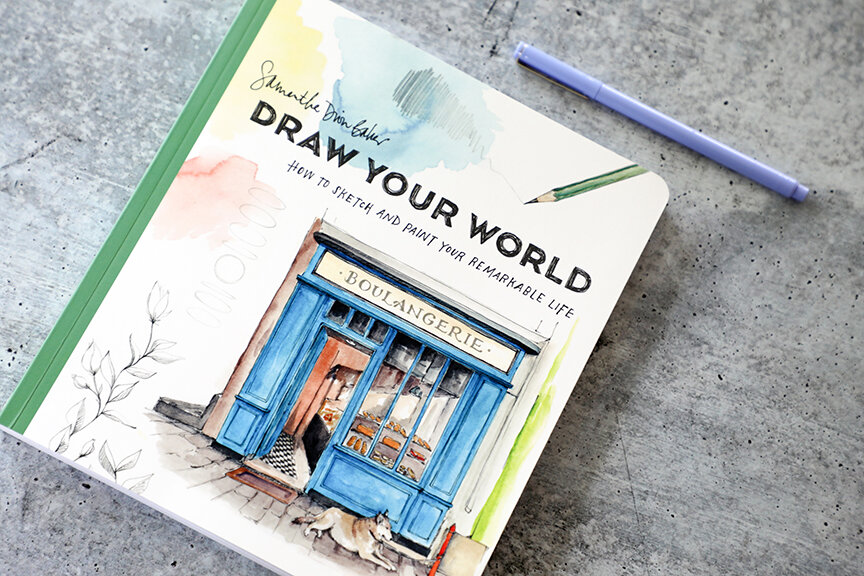



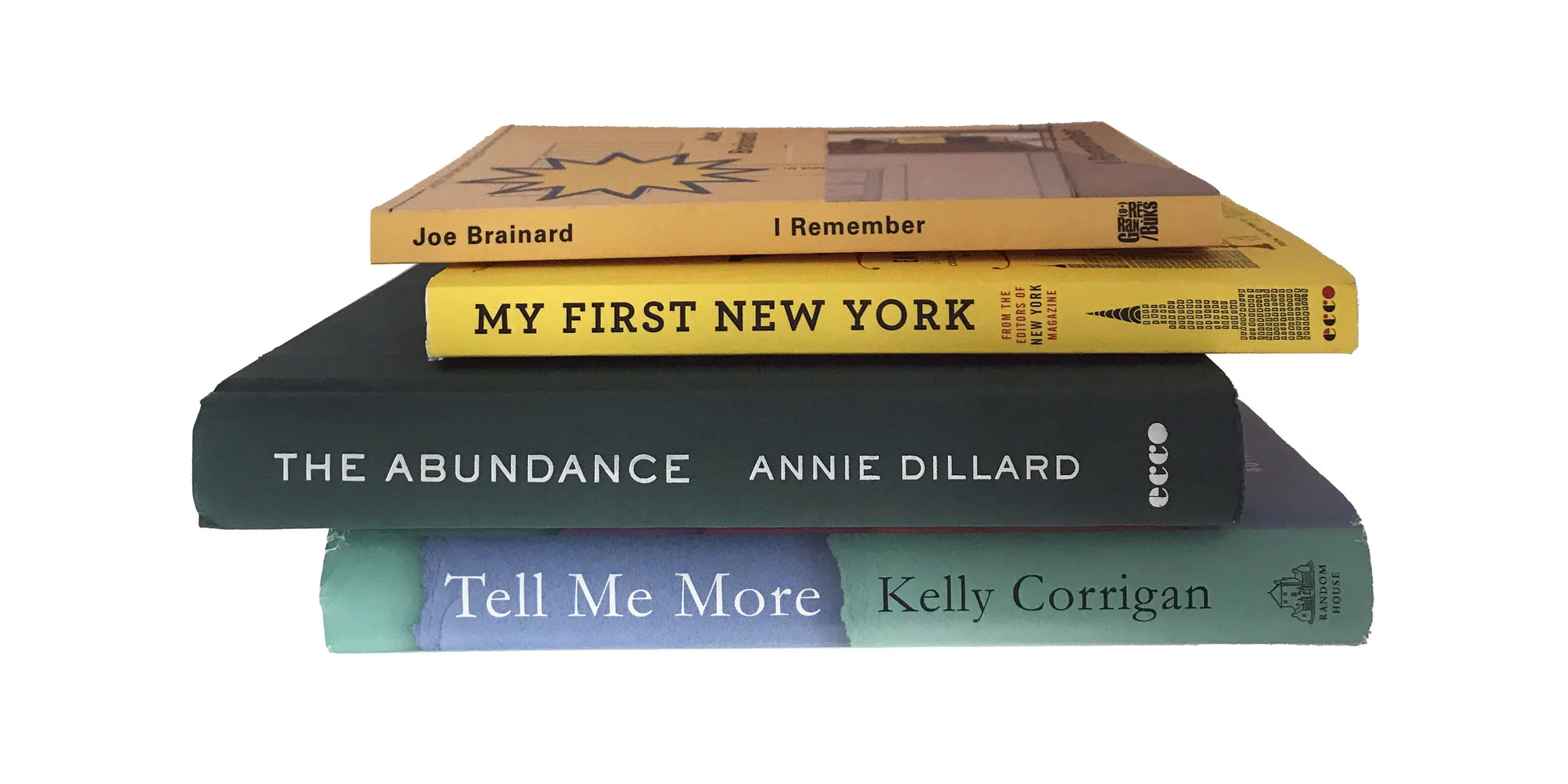





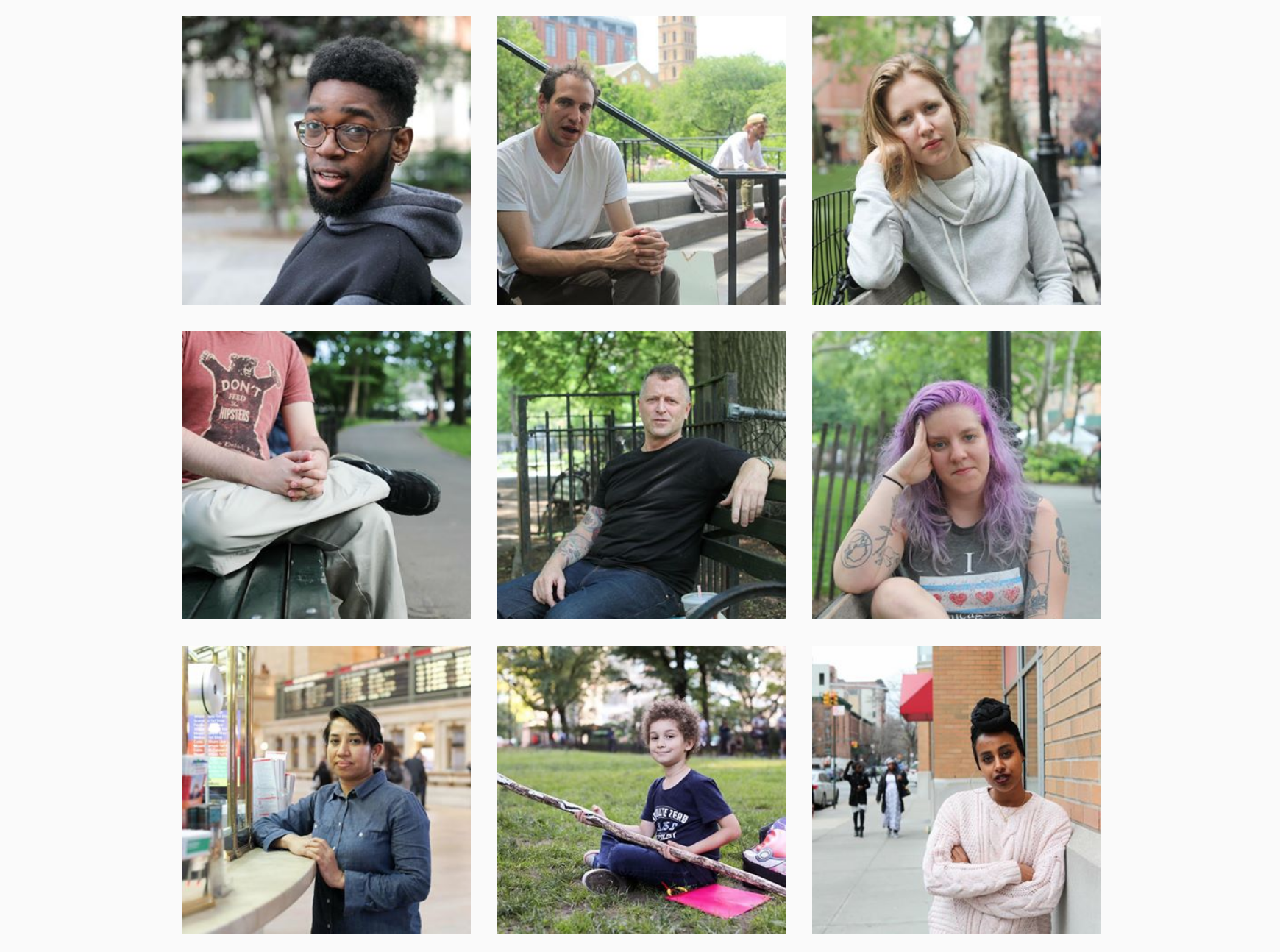





Looking for a meaningful gift for your parents? An annual subscription to our Write Your Life memory and writing prompts may be just the thing—or, maybe not.